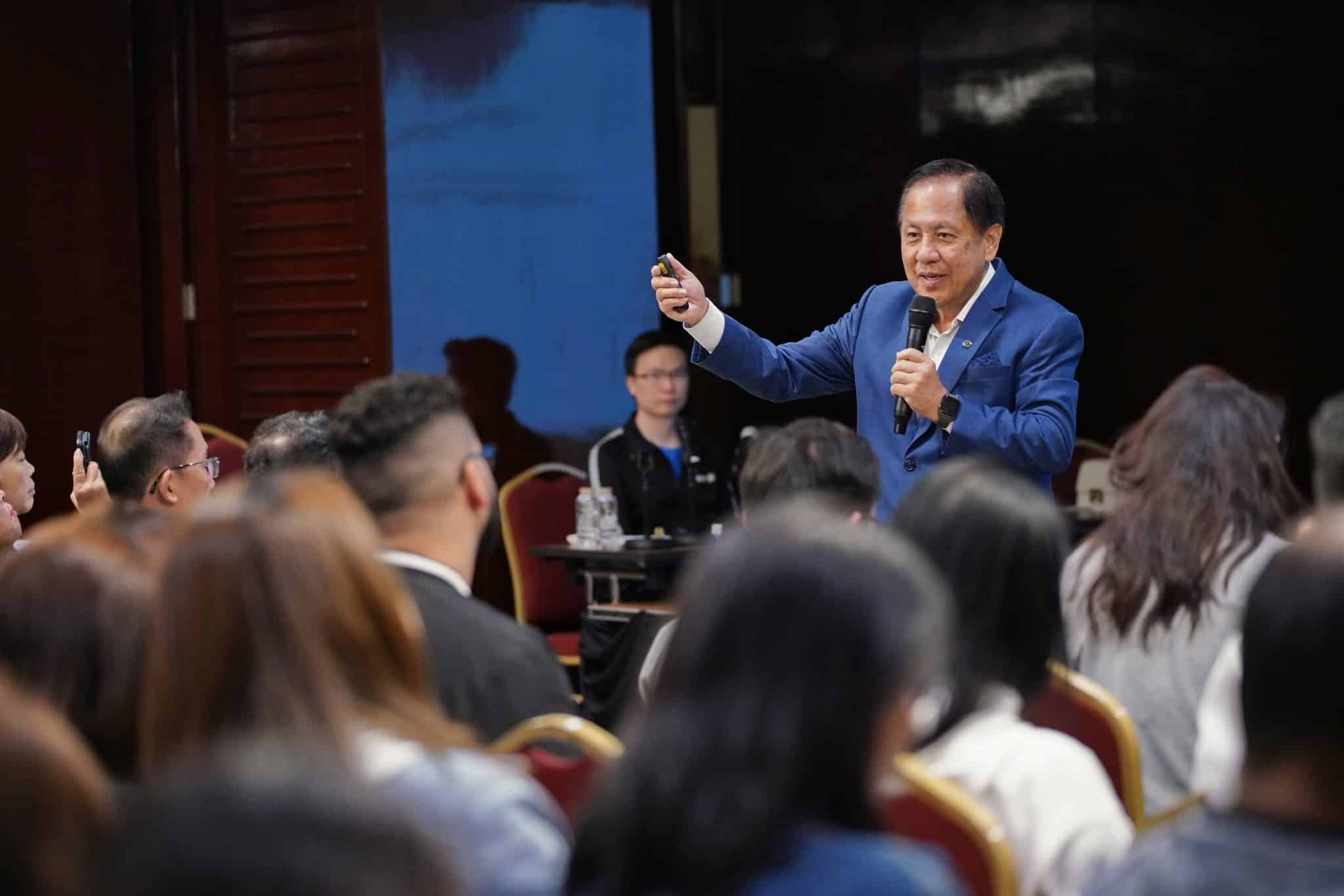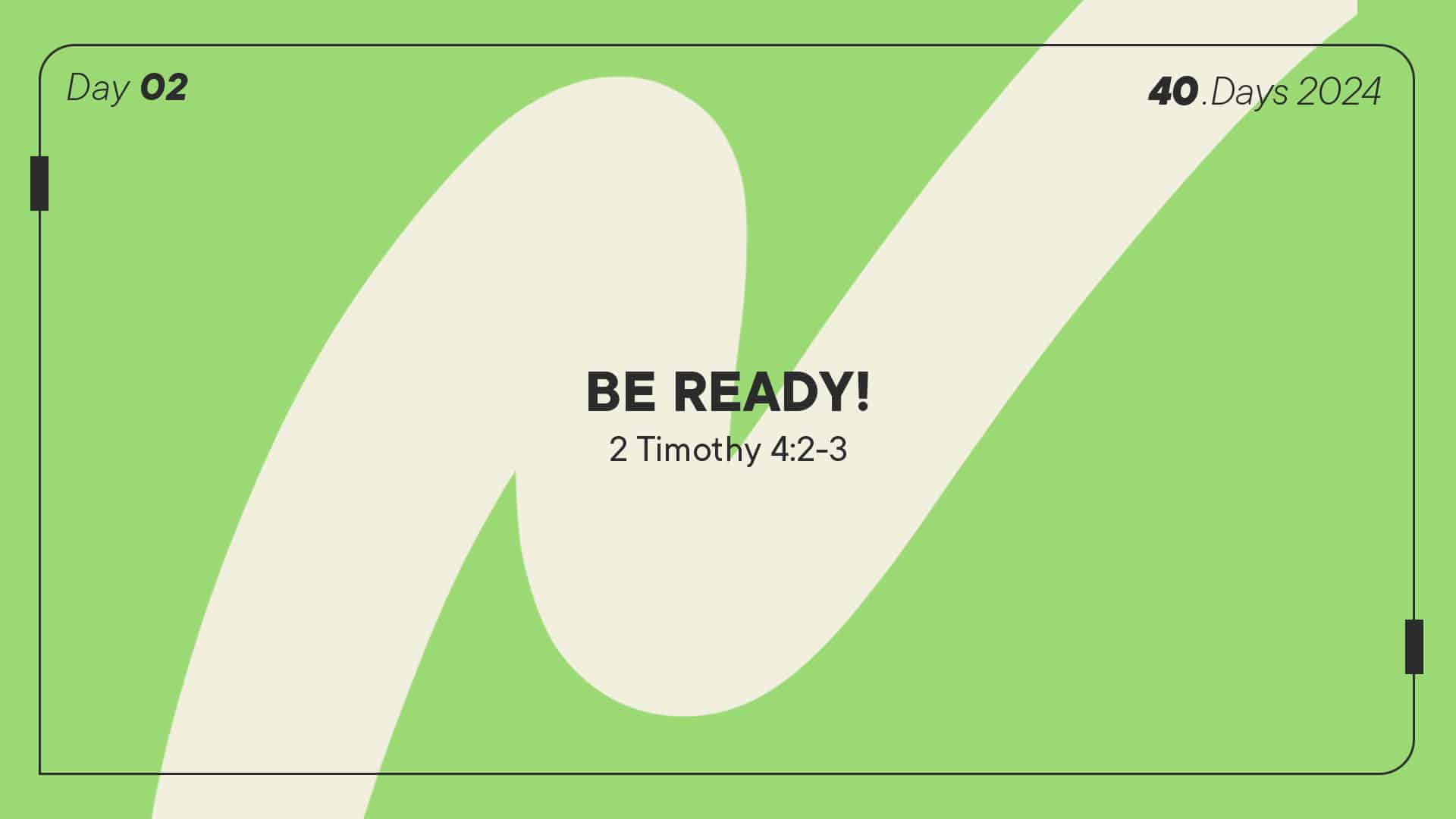Church of England’s “compromise” on same-sex couples “theologically indefensible, pastorally irresponsible”: TTC scholar
Salt&Light // January 25, 2023, 6:12 pm

In a statement on January 18, the Church of England said that "same-sex couples will be able to come to church to give thanks for the civil marriage or partnership and receive God’s blessing". Theologian Dr Roland Chia responds. Photo by Anthony Delanoix on Unsplash.
The Church of England announced on January 18 that “for the first time, under historic plans outlined today, same-sex couples will be able to come to church to give thanks for the civil marriage or partnership and receive God’s blessing”.
These decisions “cannot be described as theological discernment”, said theologian Dr Roland Chia, responding to the announcements from Singapore.
Dr Chia, a Chew Hock Hin Professor of Christian Doctrine at Trinity Theological College (TTC), wrote his response today (January 25) in an article for the Ethos Institute for Public Christianity.
On the basis of Scripture, tradition and reason, the Bible cannot be said to be supportive of same-sex relationships, said Dr Chia.
Scripture
“There are numerous passages in Scripture that categorically and unequivocally teach that homosexual acts are sinful in the eyes of God (Examples: Leviticus 18:22, 20:13; Romans 1:26-27; 1 Corinthians 6:9-10; 1 Timothy 1:10),” Dr Chia said.
“(There is) clear teaching of the Bible that marriage is the union between one man and one woman.”
“These passages must be understood in light of the equally clear teaching of the Bible that marriage is the union between one man and one woman (Genesis 2:24; 1 Corinthians 7:2). Sexual relationship must only take place in the context of monogamous marriage of a man and a woman. Outside of this context, the Bible deems all sexual relationships to be sinful.”
Some revisionist scholars have provided alternative interpretations, arguing that the texts “only condemn promiscuous homosexual behaviour and not faithful same-sex relationships”, or purport that David and Jonathan and Jesus and John had homoerotic relationships.
“These arguments and baseless speculations, however, have been roundly and decisively refuted by Bible scholars such as Robert Gagnon and theologians such as Stanley Grenz,” said Dr Chia.
He pointed out that the Church of England continues to uphold the traditional understanding of the teachings of the Bible concerning homosexual acts. Resolution 1.10 of the 1998 Lambeth Conference – which at present has not been rescinded – states that “homosexual practice [is] incompatible with Scripture” and must be rejected.
Tradition and reason
“The Church has, throughout the centuries, consistently and categorically condemned same-sex intercourse. The evidence for this is so overwhelming that the bishops will be hard put to find data that would suggest otherwise,” added Dr Chia.
“Same-sex unions will bring about disruptions in the social order in such a way that is detrimental to the common good.”
“Of course, the bishops could appeal to the work of revisionist scholars who, in disputing the view that homosexual practice is universally condemned in the Church, have tried to provide a counter narrative.”
Yale historian John Boswell’s 1980 book, Christianity, Social Tolerance, and Homosexuality: Gay People in Western Europe from the Beginning of the Christian Era to the Fourteenth Century, provided evidence of Christian rituals that were said to bless same-sex unions.
But some scholars, such as eminent church historian David Wright and scholar of early Christianity, Robert L Wilken, have found Boswell’s research to be “fundamentally flawed” and “influential but highly misleading”.
“The conclusion must be,” according to Wright, “that for all its interest and stimulus Boswell’s book provides in the end of the day not one firm piece of evidence that the teaching of the early Church countenanced homosexual activity.”
It also stands to reason that “the recognition of same-sex unions will bring about disruptions in the social order in such a way that is detrimental to the common good,” said Dr Chia.
“This is an important point that has been blithely ignored by the bishops who insist that the doctrine of Holy Matrimony will remain unchanged with the blessing of same-sex union.”
Christian inclusivity
“There are no tenable and solid justification from Scripture, tradition and reason for the decision by the bishops to bless same-sex unions,” concluded Dr Chia.
“True Christian inclusivity does not give the Church the licence to ignore what God has clearly prohibited.”
“In conforming to the prevailing culture and in its anxiety to maintain its unity, the Church of England has chosen a path that can be described as theologically indefensible and pastorally irresponsible.
“It has adopted a theologically naïve understanding of Christian inclusivity. True Christian inclusivity does not give the Church the licence to ignore what God has clearly prohibited.”
Referring to the 2003 document issued by the Vatican’s Congregation for the Doctrine of the Faith (CDF), Dr Chia said: “The Church teaches that respect for homosexual persons cannot lead in any way to approval of homosexual behaviour or to legal recognition of homosexual unions.
“In choosing this path, the Church of England has painted itself to a corner. From here on, there is only one direction it can take, if it is to show itself to be honest and consistent, and not duplicitous. It has to change its doctrine of Holy Matrimony to include same-sex marriage.
“It has to embrace a union which God has never ordained.”
We are an independent, non-profit organisation that relies on the generosity of our readers, such as yourself, to continue serving the kingdom. Every dollar donated goes directly back into our editorial coverage.
Would you consider partnering with us in our kingdom work by supporting us financially, either as a one-off donation, or a recurring pledge?
Support Salt&Light




